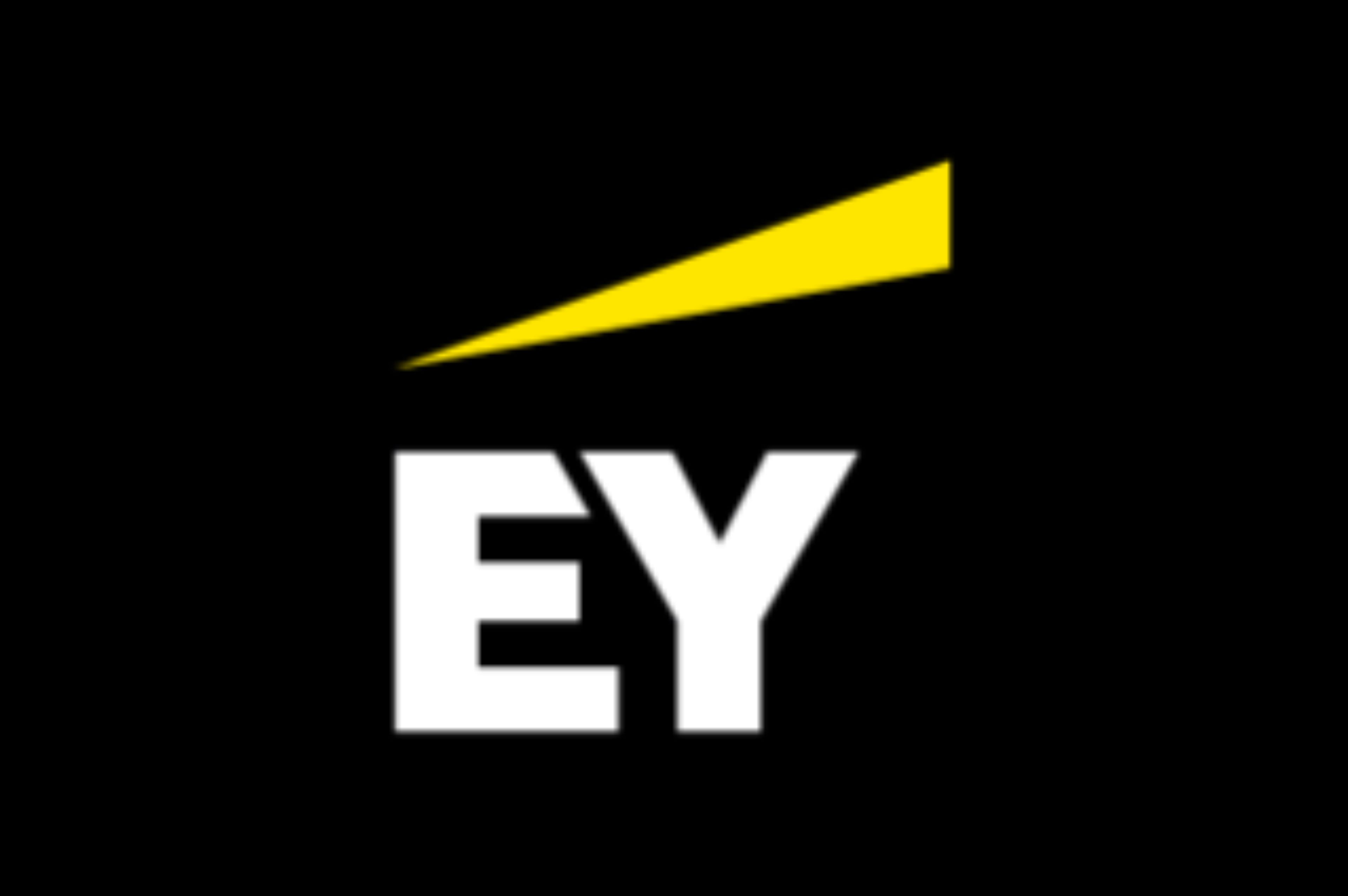EY Law LLP is a Canadian law firm, affiliated with Ernst & Young LLP in Canada. Both EY Law LLP and Ernst & Young LLP are Ontario limited liability partnerships. For more information about the global EY organization please visit www.ey.com.

Tax Alert No. 62, 17 December 2020
On 15 December 2020, the Canada Revenue Agency (CRA) released detailed guidance on the home office expense deduction that employees can claim on their 2020 personal income tax return. For 2020, there will be two alternate methods by which employees may be able to claim home office expenses:
- The new “temporary flat rate method”, which provides a deduction of $2 per workday at home (to a maximum of $400); and
- The “detailed method”, which is similar to the existing deduction for home office expenses, except that the category of eligible expenses has been expanded to include home internet access fees.
In order to reduce the administrative burden on employers, Form T2200, Declaration of Conditions of Employment will not be required for employees to claim a deduction under the temporary flat rate method. A simplified version of Form T2200 (which has been significantly abridged from the original) will be required for employees seeking to claim only home office expenses under the detailed method.
Background
As a result of COVID-19, many employees have worked from home for part or most of 2020.
Where employees incur expenses in connection with home office expenses, a deduction may be available. Due to the unprecedented number of employees working from home in 2020, and the potential resulting administrative burden on employees and employers, the government has been looking for ways to streamline the process for 2020.
The CRA’s detailed guidance (including calculator tools) on the home office expense deduction follows the announcement made by the Department of Finance on 30 November 2020, as part of the Fall Economic Statement, to simplify the process for deducting home office expenses (see EY Tax Alert 2020 Issue No. 57, Income tax measures from the 2020 Federal Fall Economic Statement), as well as the consultations conducted by the CRA over the last few months.
What’s new for 2020?
For 2020, there will be two alternate methods by which employees may be able to claim home office expenses: (1) the new “temporary flat rate method”, and (2) the “detailed method”. In addition, the eligibility criteria to access the home office expense deduction are modified, on an administrative basis, for 2020. The two methods are summarized in the chart below:

Form T2200
The Income Tax Act provides that employees are not able to claim certain deductions against employment income unless they have a form signed by their employer certifying that the conditions for the deduction have been satisfied. Form T2200, Declaration of Conditions of Employment has traditionally served this purpose. Due to the number of employees working from home in 2020, concern was expressed by employers that this requirement would impose a significant burden on employers at a very inopportune time. For 2020, the CRA has announced measures designed to alleviate the burden on employers.
As noted above, Form T2200 (or simplified Form T2200S, Declaration of Conditions of Employment for Working at Home Due to COVID-19) will not be required by employees seeking to deduct work from home expenses under the temporary flat rate method.
For employees seeking to deduct expenses using the detailed method, Form T2200 or Form T2200S will be required. Form T2200S is an abbreviated version of Form T2200 and will apply in situations where employees are working from home due to the COVID-19 pandemic and are only seeking to deduct office supplies and home office expenses (Form T2200S cannot be used by employees wishing to claim other employment deductions, such as motor vehicle expenses).
The circumstances in which Form T2200 or Form T2200S should be issued can be summarized as follows:

Form T2 200S – observations
- Notwithstanding the flat rate method, we anticipate that many employees will likely request a Form T2200S, as they will either expect to claim more using the detailed method or wish to keep their options open. While the good news is that Form T2200S is significantly less onerous than the CRA’s previous draft, employers should be prepared to potentially have to issue a relatively large number of the Form T2200S. We understand that it is the CRA’s expectation that employers will issue the T2200S to eligible employees who request the form.
- Form T2200S asks the employer to certify that the employee worked from home in 2020 due to COVID-19 and was required to pay some or all of their own home office expenses used directly in their work while carrying out their duties of employment during that period. To that end, employers are asked to answer three questions on the form: (i) whether the employee worked from home due to COVID-19; (ii) whether the employee received reimbursement or is eligible for reimbursement of home office expenses; and (iii) whether amounts reimbursed were included on the employee’s T4.
- In order for the employer to indicate that the employee worked from home due to COVID-19, the employer is only required to be satisfied that the employee worked at least 50% of the time from home for a period of at least four consecutive weeks in 2020. This relieves the need for employers to closely monitor where the employee worked over an extended period of time.
- It is noteworthy that Form T2200S only asks the employer to certify whether the employer worked from home due to COVID-19 and not whether the employee’s contract of employment required the employee to maintain a work space in his or her home. The CRA’s historical position was that where an employee had a work space on the employer’s premise available to him or her but chose to work from home, such an employer would not be considered to be “required” to maintain a work space at home. In the context of COVID-19, whether or not the employee was “required” to maintain a work space at home has been a difficult question, especially where employer premises have remained open but the employee has, for one reason or another, not felt comfortable to physically return to the office. The CRA’s guidance suggests that, for 2020, the CRA will infer that employees who worked from home were required to work from home.
- The regular Form T2200 requires the employer to identify expenses reimbursed, the amount of the reimbursement, and whether or not the reimbursement was included on the employee’s Form T4, Statement of Remuneration Paid. Form T2200S only asks the employer whether the employee has received or will receive reimbursement for any of their home office expenses, but the employer is not required to include the amount reimbursed or indicate whether the reimbursement was included on the employee’s T4. This will come as a relief to employers who reimbursed employees for expenses but did not track whether the reimbursement related to home office expenses or other employment-related expenses. We expect that common expenses that may be reimbursed include items such as printer paper, toner, etc.
- In order to enable employees to effectively work from home, many employers have reimbursed employees for the cost of equipment needed to work from home, such as computer monitors, office chairs, etc. Provided that the reimbursement is less than $500, in aggregate, the CRA has indicated that such reimbursements will not be a taxable benefit. While the CRA was not explicit in this regard, the reimbursement for equipment only would not be considered to be a reimbursement of home office expenses for purposes of Form T2200S, because the cost of such items would not be deductible to employees in any event.
- Certain employee-specific information that exists on the regular T2200 is not found on the Form T2200S. Much of this information is now found on the Form T777S, which is a form that the employee completes and files with his or her personal tax return. This shifts some of the burden away from the employer to the employee, who is ultimately responsible for satisfying the conditions necessary for the deduction. Where more than one person in the same household is working from home (such as two spouses), they may each be able to claim the home office expense deduction (under either method) as long as they each satisfy the eligibility criteria.
- A number of these changes will likely only apply to 2020, but it remains to be seen whether other changes represent a permanent change in position. For example, will the expansion of home office expenses to include internet charges apply in subsequent years?
Calculating the deduction
The CRA has updated its website to provide detailed guidance on how to calculate the amount of home office expenses that reasonably relate to an employee’s work space at home and on how to claim the deduction on their 2020 personal tax return. For more information, see Home office expenses for employees - Canada.ca.
Quebec harmonization
On 16 December 2020, Quebec’s Department of Finance announced that it will harmonize its rules with the CRA to offer a flat rate $2/workday at home as well. Where the flat rate method is chosen, the employee will not have to obtain a Form TP-64.3, General Employment Conditions (the Quebec equivalent of Form T2200), from their employer nor keep supporting documentation to substantiate their claim.
Revenu Québec also recently released an updated Form TP-64.3 to take into account circumstances where employees are required to incur expenses related to working remotely during the COVID-19 crisis. Where the employee only incurred such home office expenses, the employer can skip most of the Form TP-64.3 questions and go directly to new section 3.6, Expenses related to working remotely, where they are asked to answer questions that are very similar to ones on Form T2200S.
Learn more
For more information, contact your EY or EY Law tax advisor, or one of the following professionals.
Toronto
Lawrence Levin
+1 416 943 3364 | lawrence.levin@ca.ey.com
Edward Rajaratnam
+1 416 943 2612 | edward.rajaratnam@ca.ey.com
Leah Shinh
+1 519 571 3325 | leah.c.shinh@ca.ey.com
Kitchener/Waterloo
Tim Rollins
+1 519 571 3379 | tim.rollins@ca.ey.com
Ottawa
Darrell Bontes
+1 613 598 4864 | darrel.bontes@ca.ey.com
Montreal
Danielle Laramée
+1 514 874 4360 | danielle.laramee@ca.ey.com
St. John’s
Troy Stanley
+1 709 570 8290 | troy.a.stanley@ca.ey.com
Calgary
Christopher Rush
+1 403 206 5191 | christopher.rush@ca.ey.com
Vancouver
Hein Winckler
+1 604 891 8416 | hein.winckler@ca.ey.com
Download this tax alert
Budget information: For up-to-date information on the federal, provincial and territorial budgets, visit ey.com/ca/Budget.

